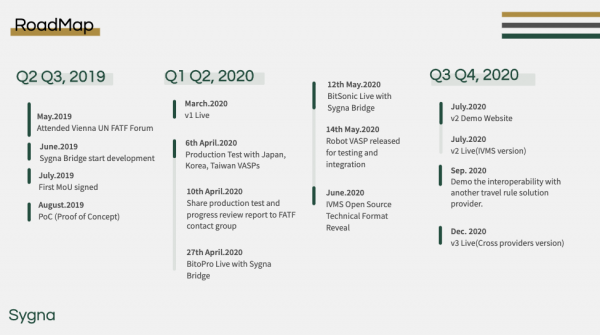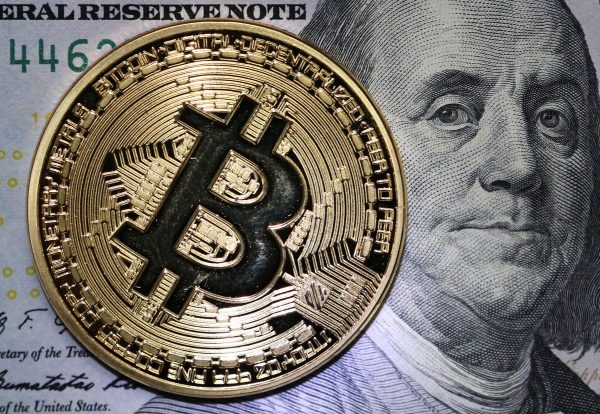In early June, the upper chamber of Japan’s Parliament took the groundbreaking step of passing legislation that will regulate stablecoins, offering investors protection as well as a degree of clarity for the crypto industry in the East Asian country.
Stablecoins are a form of cryptocurrency that is typically pegged to fiat money such as the Japanese yen or the US dollar. They are usually backed with reserve assets, which can include everything from cash to commodities to other cryptocurrencies, while there are also algorithmic varieties.
The new regulations were first prepared by Japan’s Financial Services Agency (FSA) late last year, but their passage in the House of Councilors might have been accelerated by the mid-May collapse of the TerraUSD algorithmic stablecoin and its governance token LUNA. The event shocked crypto markets and sent regulators around the world into a flurry of activity.
Japan’s stablecoin bill is being hailed as a steadying hand for crypto in an otherwise shaky time. Let’s take a look at what the regulations cover and their implications for the industry.
What Do Japan’s Stablecoin Regulations Say?

The new regulations, which are additions to the country’s payment services law, stipulate that stablecoins can only be issued by certain entities, including licensed banks, trust companies, as well as registered money transfer agents.
These entities will have to register under a new system designed to monitor stablecoin circulation and prevent money laundering. The details of that system have yet to be released by the government, with more information said to be coming in the next few months.
Once the regulations come into effect in 2023, all stablecoins issued in Japan will have to be pegged to legal tender such as the nation’s currency, the yen. It will also be required that they are redeemable for the pegged currency.
The stablecoins are supposed to be managed by “issuers” that release them into the world and then by “intermedaries” handling the circulation. The registration process on both ends is reported to be strict, with details still forthcoming.
Japan’s Mitsubishi UFJ Trust and Banking Corp has put forth a plan for a stablecoin – Progmat Coin – which it says will be fully backed by yen reserves held in a trust account.
The law does not tackle the issue of algorithmic stablecoins, nor does it get into how foreign stablecoins, such as USDT and USDC, might operate in the country.
What Are the Implications of Japan’s Stablecoin Regulations?
At the moment, Japanese cryptocurrency exchanges do not list stablecoins. That will presumably change soon, but analysts have said that with the new regulations, it may be difficult now for overseas competitors to break in.
Additionally, as the licensing requirements to become an “issuer” or an “intermediary” are likely to be steep, it will probably be hard for startups and smaller entities to get into the stablecoin business, a side effect that some will prefer for the stability it brings to a key sector, while others will dislike it for the pro-establishment bias that runs counter to the crypto ethos.
The move has echoes of Japan’s forward-looking past when it comes to crypto regulations. Japan’s FSA had pushed for Bitcoin to be recognized as a currency back in 2017, and not long after, the country became the first in the world to begin licensing crypto exchanges.
The new regulations also arrive on the heels of Japan’s implementation of the Financial Action Task Force’s (FATF) Crypto Travel Rule, which went into effect in April – a date that could still be considered early in terms of global adoption.
Final Thoughts
In the wake of the TerraUSD disaster, governments around the world have been in a scramble to reach the finish line of stable asset regulation, which had long been seen as likely among the first areas of crypto to find itself in the crosshairs of legislators and bureaucrats. Top officials in the US, UK, EU, and other jurisdictions, have all signaled in recent weeks that stablecoin laws may be arriving as soon as the end of the year.
While the Japanese rules clearly lack some features that one might reasonably expect – namely, anything to do with algorithmic stablecoins as well as foreign-issued ones – the move is only the first of perhaps several, and it could also be seen as encouraging that the rules were not overwritten prematurely.


